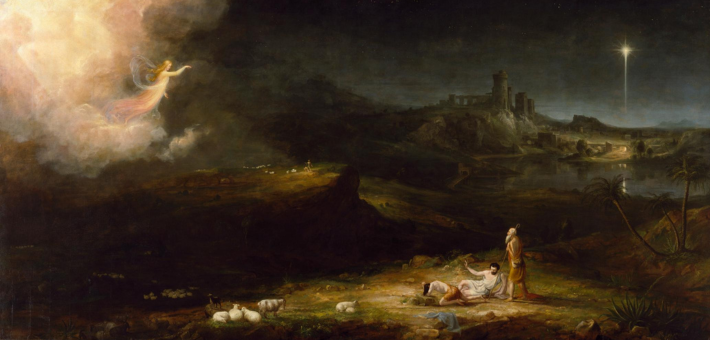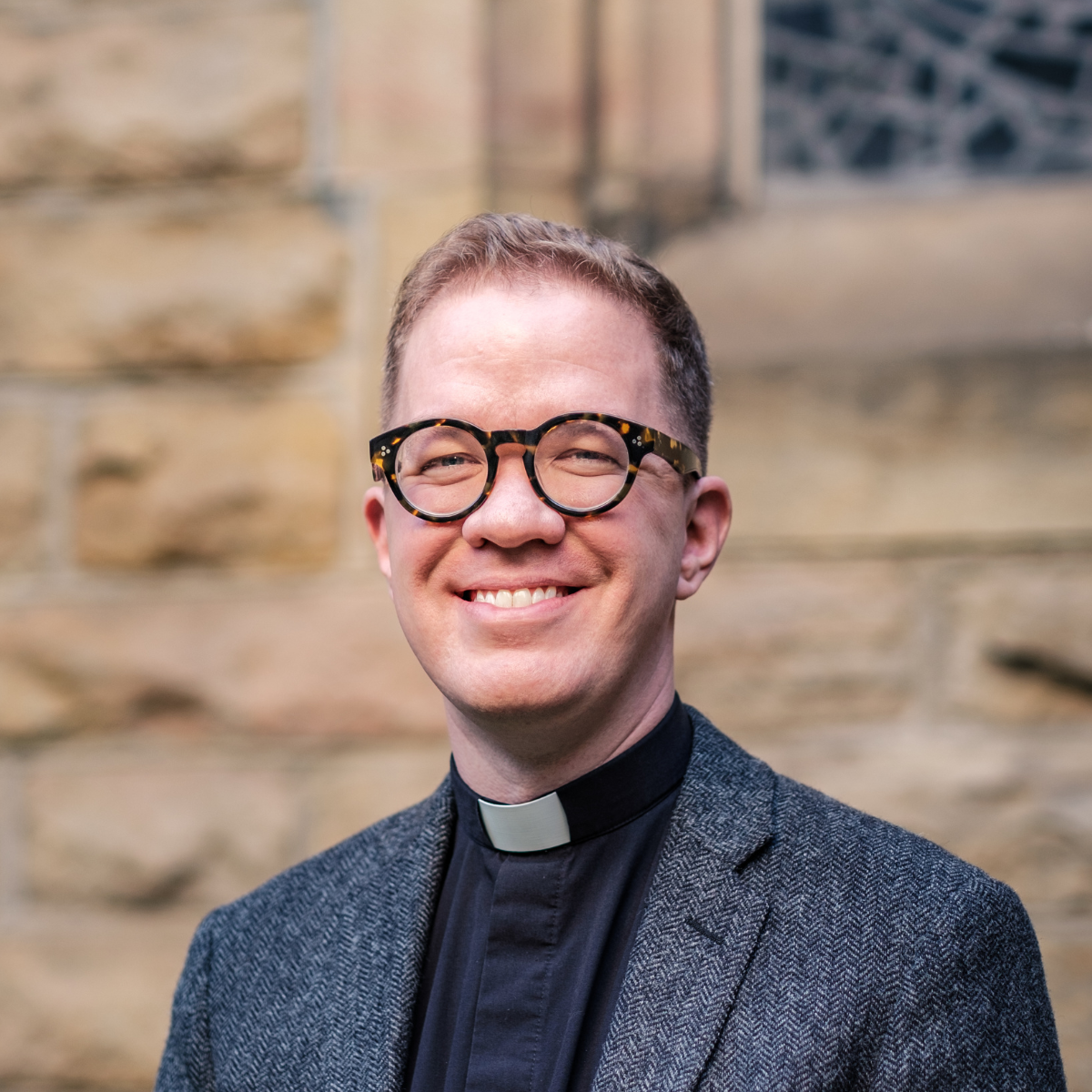Commentary on Titus 2:11-14
Regardless of how one decides the question of the authorship of the letter to Titus, it is easy to spot a characteristic Pauline theme: the grace of God (verse 11). In keeping with what we see elsewhere in the undisputed letters of Paul, the author depicts grace as an occurrence or an event—it “has appeared” (ephephanē)—rather than a static disposition on God’s part. Grace here is not so much a divine character quality as it is a divine manifestation: a personal encounter with “all” people (verse 11) in the midst of history’s unfolding.
Does “all” mean all people here, without exception? It is difficult to say for sure. On the one hand, there are places in Paul’s letters that seem to suggest he is confident some people will be lost (see especially 2 Thessalonians 1:5–10). But on the other hand, as scholar Richard Bell has argued with regard to Romans 5:12–21, Paul’s “concept that all have participated in Christ’s death led him to the view that all will come through to salvation”1—a view that may also be implied in Ephesians 1:10 and Colossians 1:20.
Perhaps the best we can do is adopt a posture of reverent agnosticism about the fate of unbelievers and pray that God’s mercy proves more generous than we can imagine or expect. As the Pauline scholar Douglas Campbell says, “There is every ground for hope, and … we can trust the one who is in charge of this [salvation] process to do a good job on that day [of final judgment].”2
If salvation comes to some or all, what are its effects? If we are saved from divine judgment and the consequences of our sin, what are we saved for? That is the clear focus of this entire passage. Believers have tasted the grace of God, which produces certain results: We are trained by grace to turn away from morally reckless behavior (verses 12a, 14a) and to adopt instead habits of self-control, worshipful piety, and beneficial acts of charity and justice (verses 12b, 14b).
Lurking in the background here may be the story of Israel’s exodus from slavery in Egypt. In the exodus narrative, Israel is not simply rescued from bondage and oppression in order to be given total freedom of lifestyle choice. No, the liberation is for the sake of worship. “Let my son [Israel] go that he may serve me,” the Lord says to Pharaoh (Exodus 4:23). As the Jewish scholar Jon Levenson has put it, “The point of the exodus is not freedom in the sense of self-determination, but service, the service of the loving, redeeming, and delivering God of Israel, rather than the state and its proud king.”3
In the Titus passage, God’s salvation is focused on and comes to effect through the person of Jesus Christ (verses 13, 14a). More explicitly than any other verse in the New Testament, verse 13 here may refer to Jesus himself as “God.” Grammatical and contextual considerations seem to be in favor of taking the phrase “our great God and Savior” as a title for Jesus: It is he, this human being, who is the God and Savior of the world, who redeemed us by the gift of himself on the cross (compare Galatians 2:20).
But more than that, he is the focus of our expectation for the end of history: “The blessed hope and the manifestation of the glory” of Jesus is what believers are waiting for as we busy ourselves in the meantime with prayer and acts of service (verse 13). Traditionally, Christians have referred to this eschatological hope as the “beatific vision,” the sight of God that will be sheer bliss for those who attain it.
It is in light of this hope that believers now work to let go of sinful habits and distractions. As another New Testament writing says: “All who have this hope in [Christ] purify themselves, just as he is pure” (1 John 3:3). And as the Lord himself says in the Sermon on the Mount, drawing a connection between ethics and the eschatological vision: “Blessed are the pure in heart, for they will see God” (Matthew 5:8). This is the ultimate aim of the grace of God—to bring us all to that heavenly country where, together with all the saints, we may see God “face to face” (1 Corinthians 13:12).
Notes
- Richard H. Bell, “Rom 5.18–19 and Universal Salvation,” New Testament Studies 48 (2002): 432.
- Douglas A. Campbell, Paul: An Apostle’s Journey (Grand Rapids, MI: Eerdmans, 2018), 169.
- Jon D. Levenson, The Hebrew Bible, the Old Testament, and Historical Criticism: Jews and Christians in Biblical Studies (Louisville, KY: Westminster John Knox, 1993), 144.


December 24, 2024